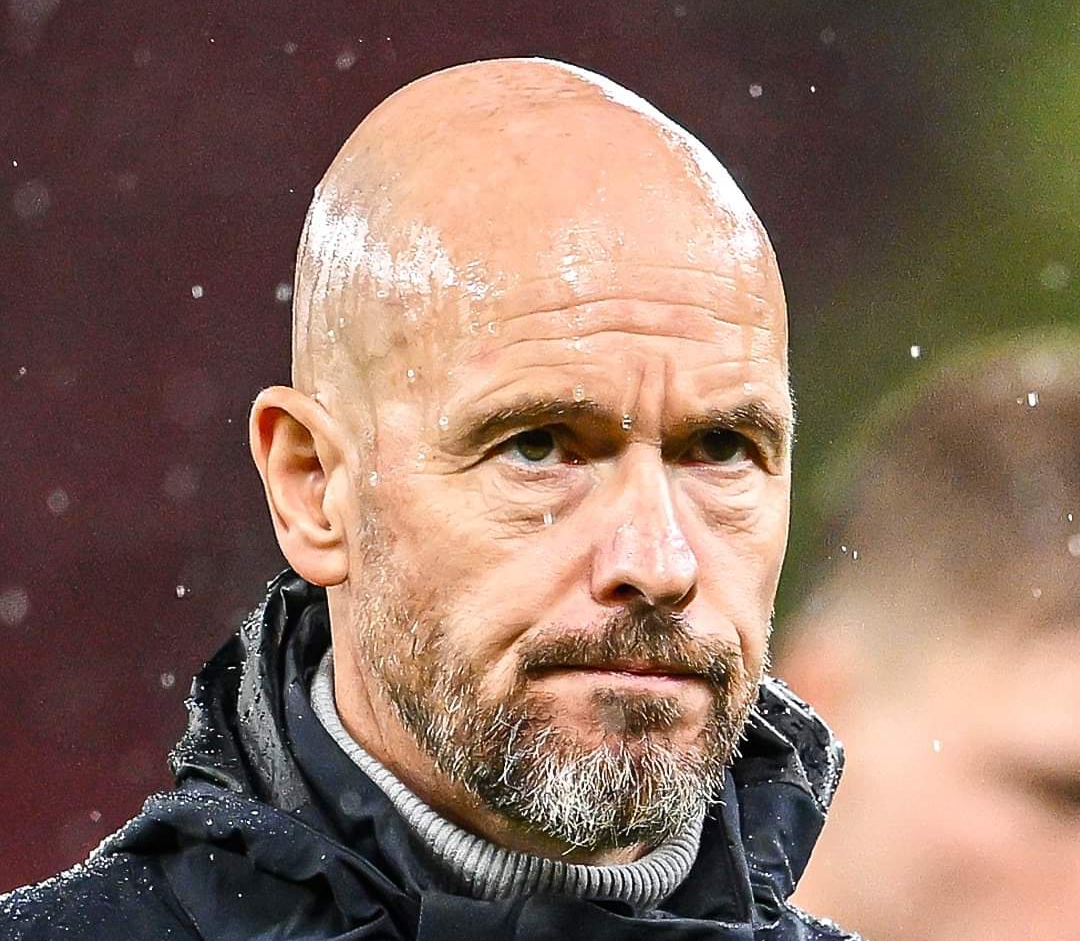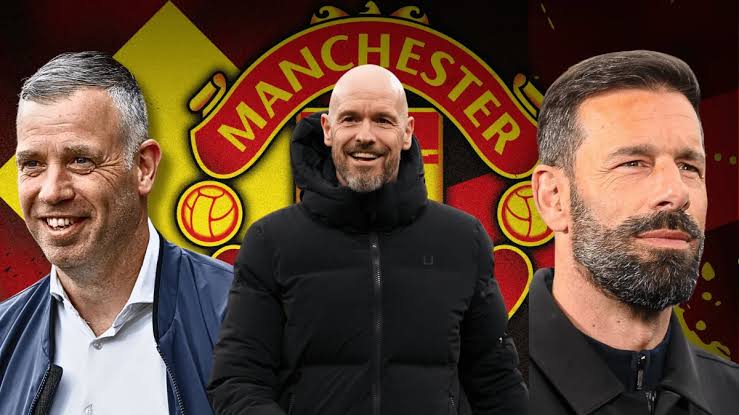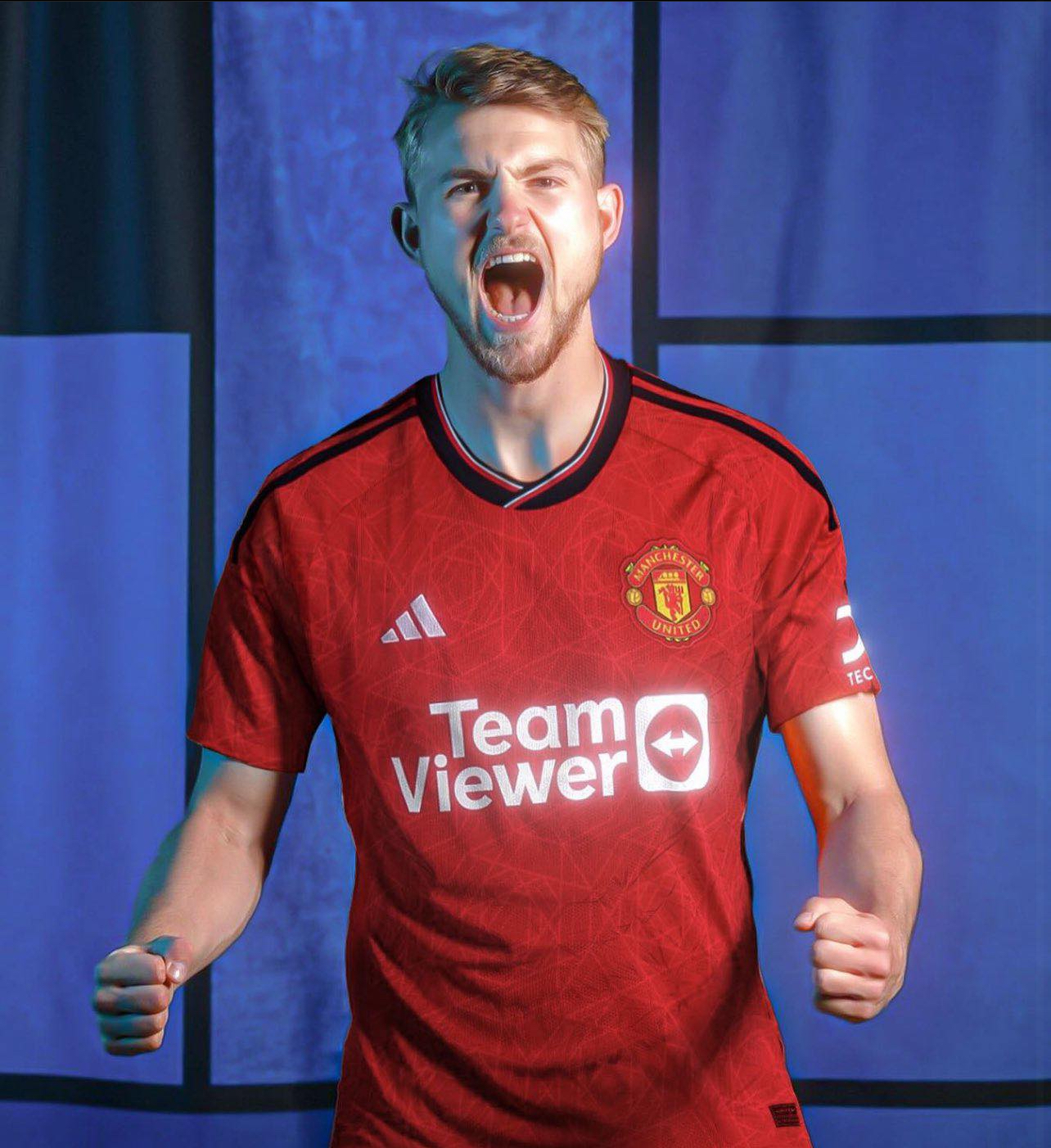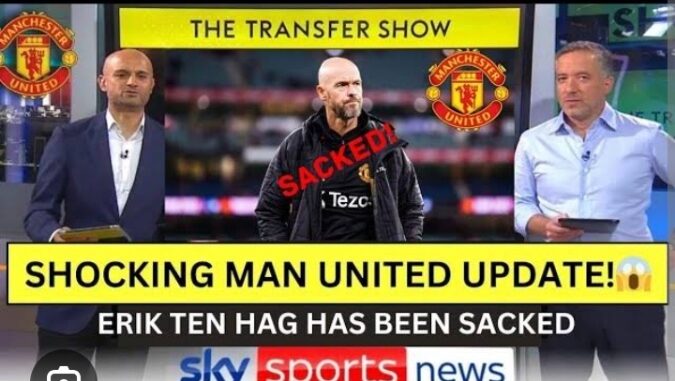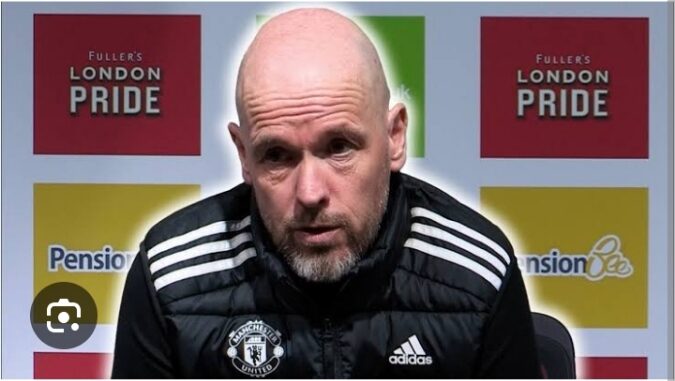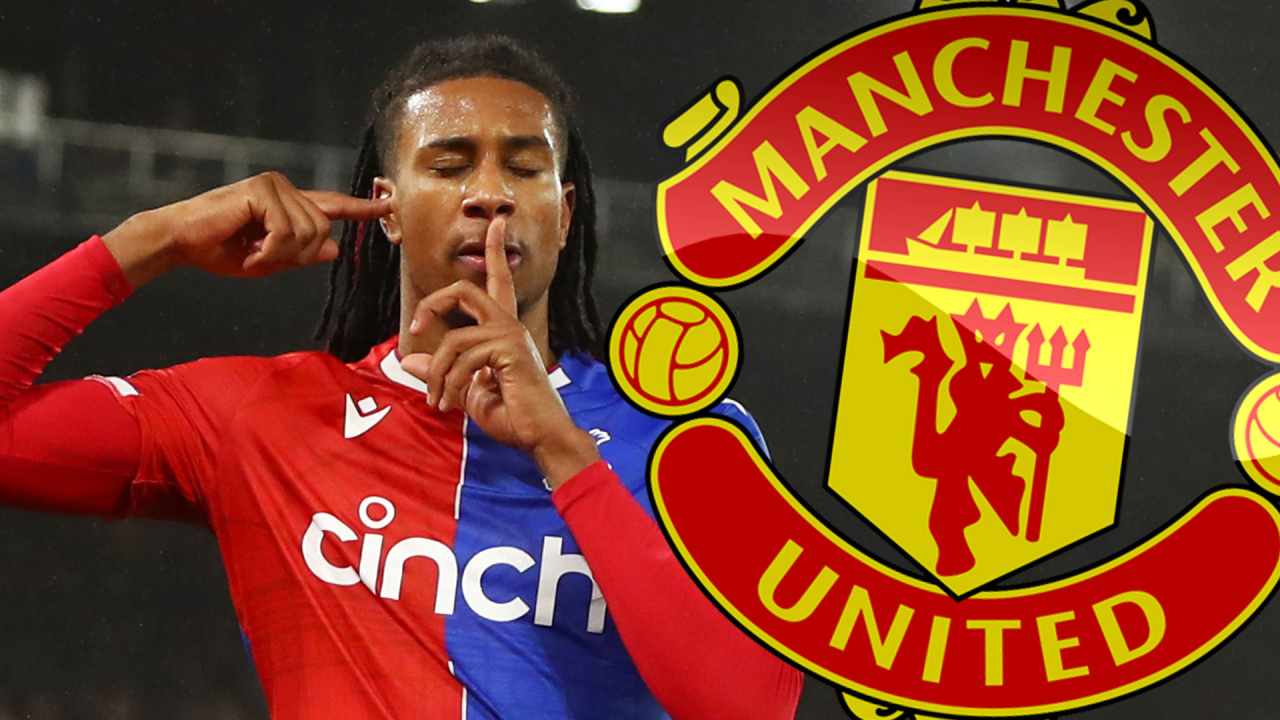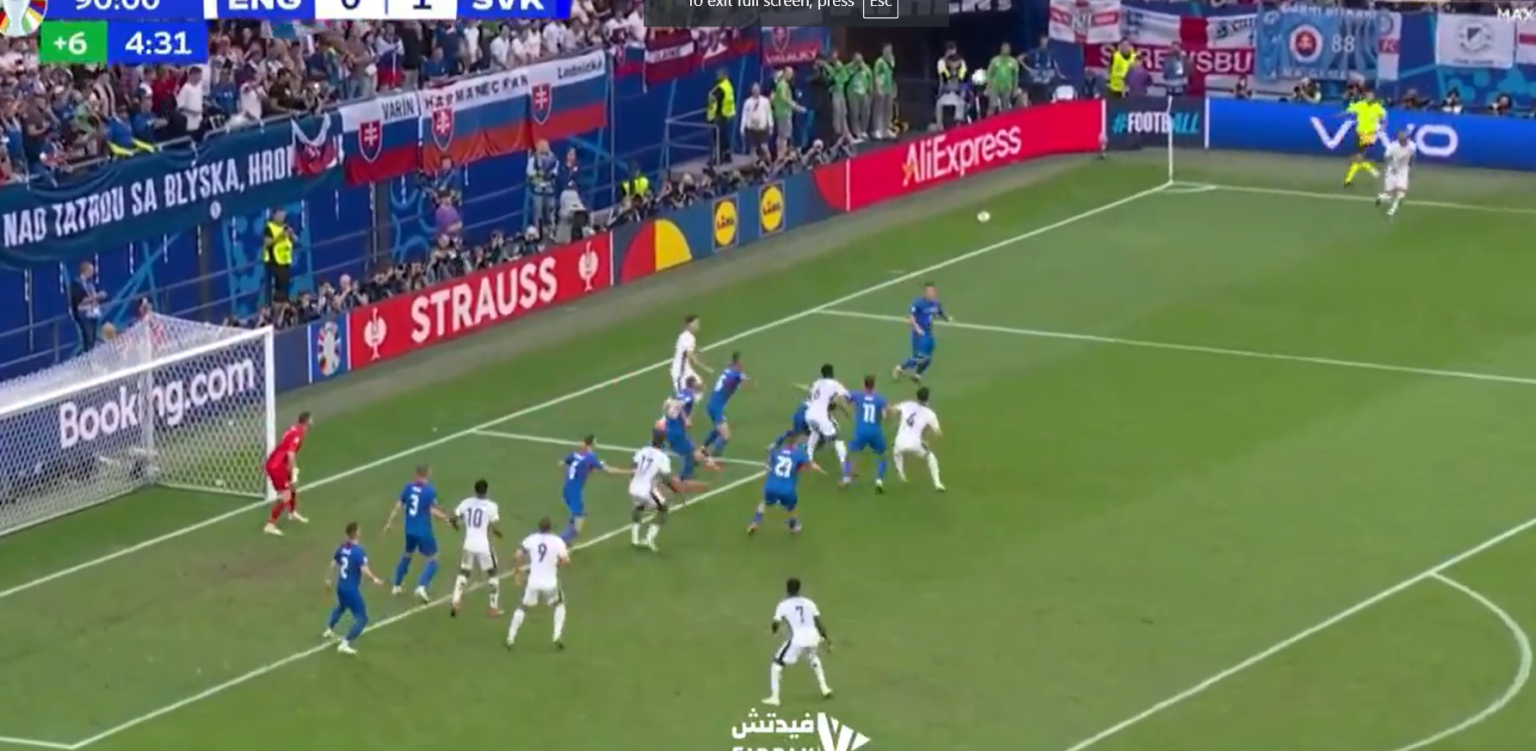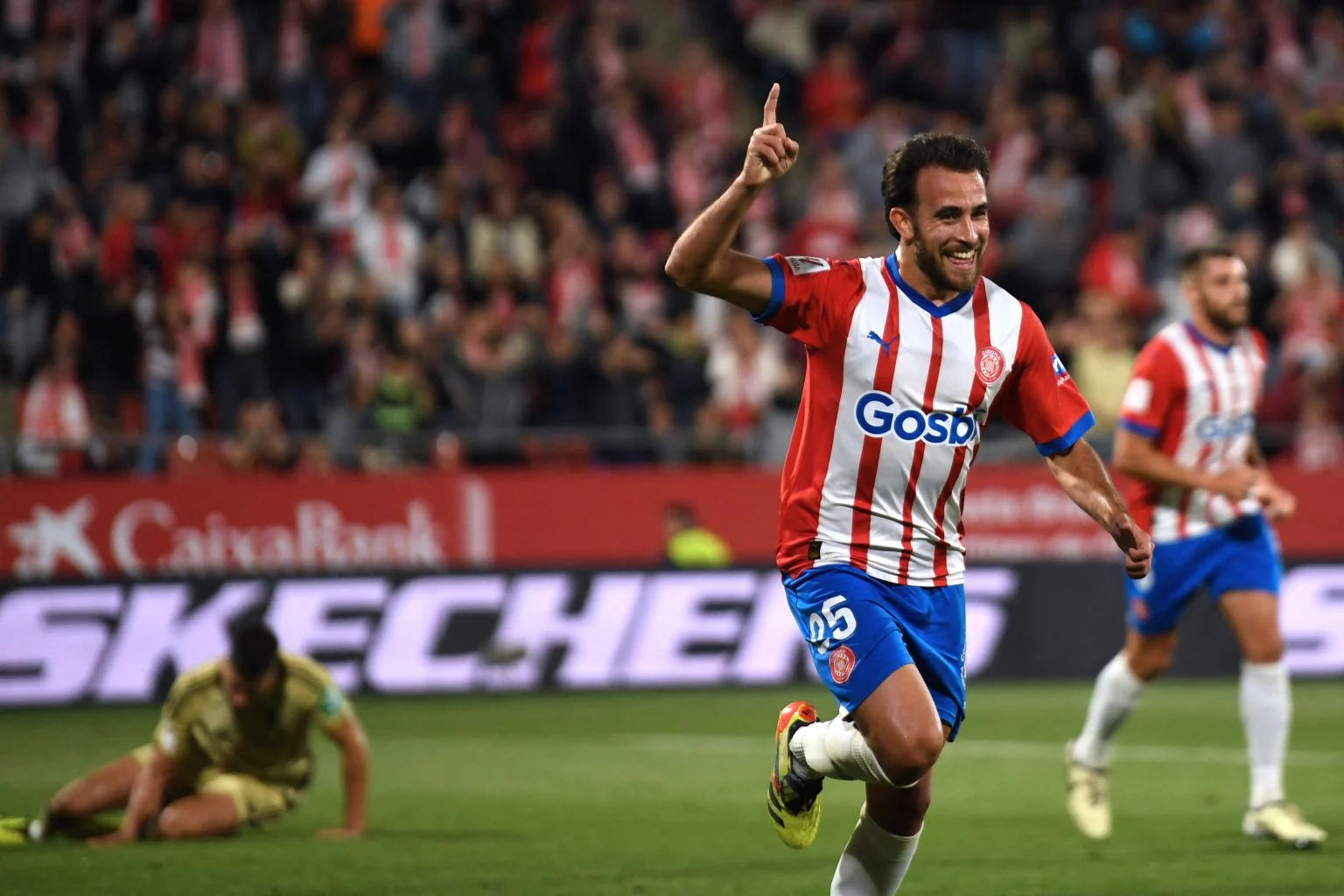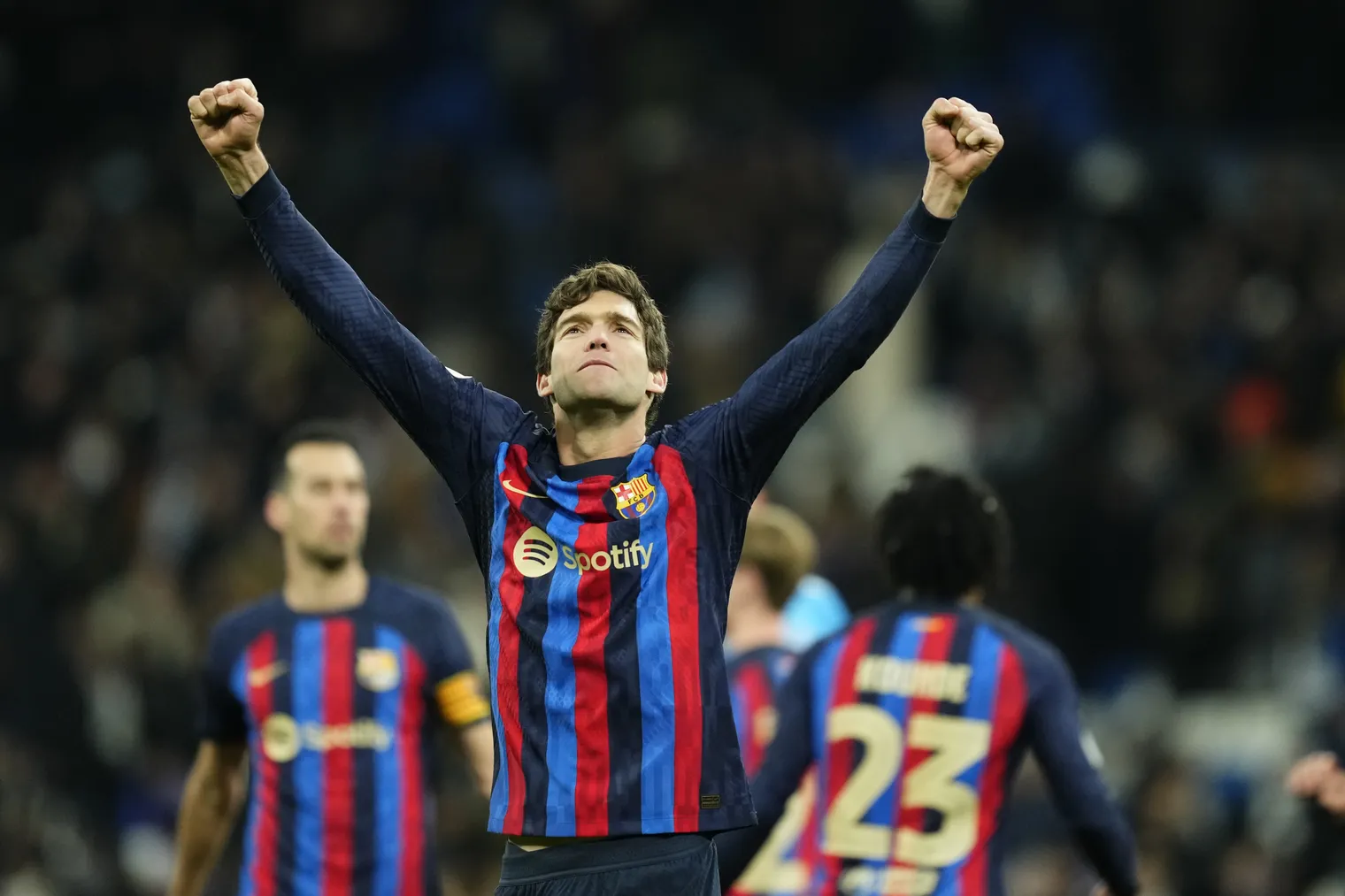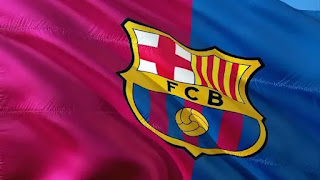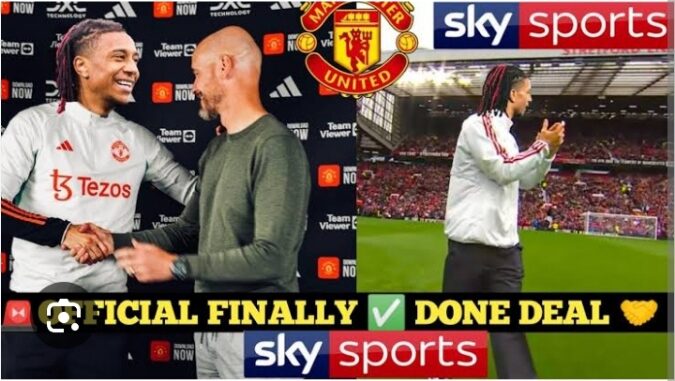This is in response to the hard season that the club has been experiencing. At Old Trafford, Ten Hag is under increased criticism as a result of the disappointed performance of the team, which includes 12 losses in 24 games across all competitions.
In addition to finishing in ninth place in the Premier League, the Red Devils were eliminated from the Carabao Cup by Newcastle United and finished in last place in their Champions League group. These are all examples of the challenges that the team has experienced. It has taken longer than expected to make a decision regarding Ten Hag’s future because of the uncertainty that surrounds Sir Jim Ratcliffe’s ownership in the club.
A development that is anticipated to be approved within the next four to six weeks is that INEOS is going to acquire a 25 percent stake in United at some point. In the hope of evaluating the success of the squad under Ten Hag’s leadership following the financial infusion, the investment group is likely to keep Ten Hag on till the end of the season.
The choice on whether or not to continue Ten Hag’s role as manager is contingent on the imminent approval of the investment, notwithstanding the fact that Graham Potter was approached in an informal manner. During Ten Hag’s term as manager of United, the management team is attempting to strike a careful balance between addressing the immediate issues that the team is facing and leaving time for prospective improvements.
The difficulties that the team has encountered in a variety of competitions have increased the level of scrutiny that is being placed on Ten Hag, which has resulted in the management job becoming a major focus of conversation inside the club. Ten Hag’s future at Manchester United is clouded with uncertainty as a result of the delay in concluding the investment arrangement, which adds an additional layer of complication to the decision-making process.
A proactive position in researching potential managerial alternatives is suggested by the board’s informal approach to Potter, which implies that the board is considering its choices. A nuanced perspective on the evolving story of Manchester United’s managerial crisis is provided by the politics surrounding the approval of the investment and the need to evaluate Ten Hag’s performance over the long term.
It is quite likely that the trajectory of Manchester United’s management will be shaped in the following weeks by the approval of the INEOS investment and the subsequent decisions taken by the club’s hierarchy. This will likely result in either continuity under Ten Hag or a potential transition to a new direction, such as Graham Potter.
The organization is at a crucial crossroads, where they must strike a balance between addressing short-term issues and addressing long-term strategic considerations in order to achieve stability and success.
